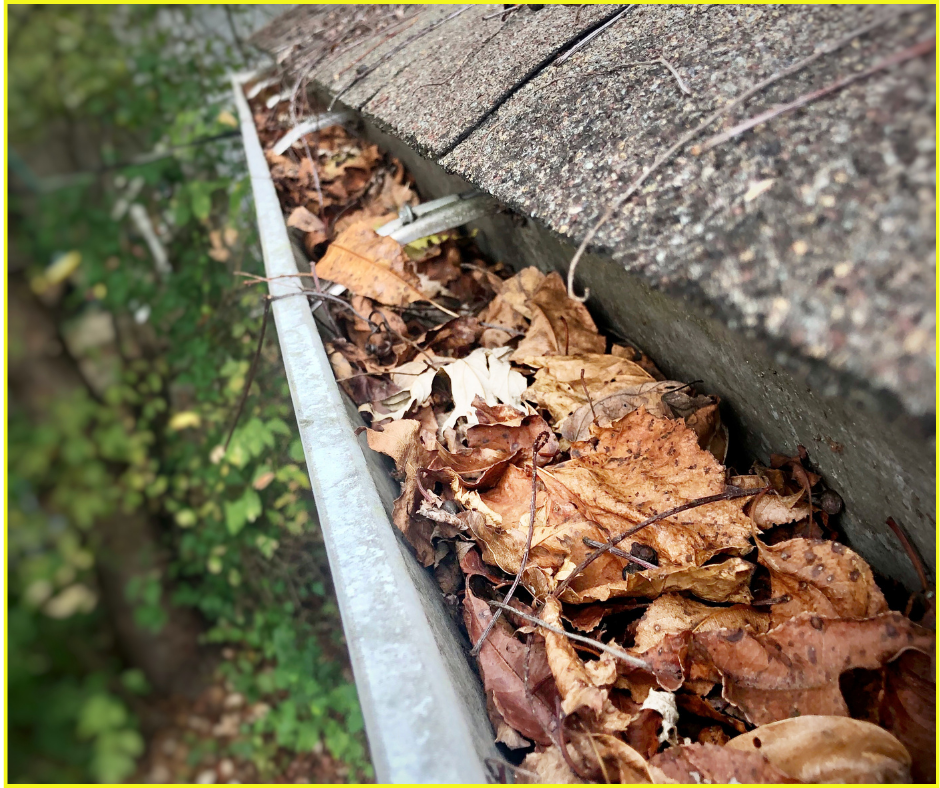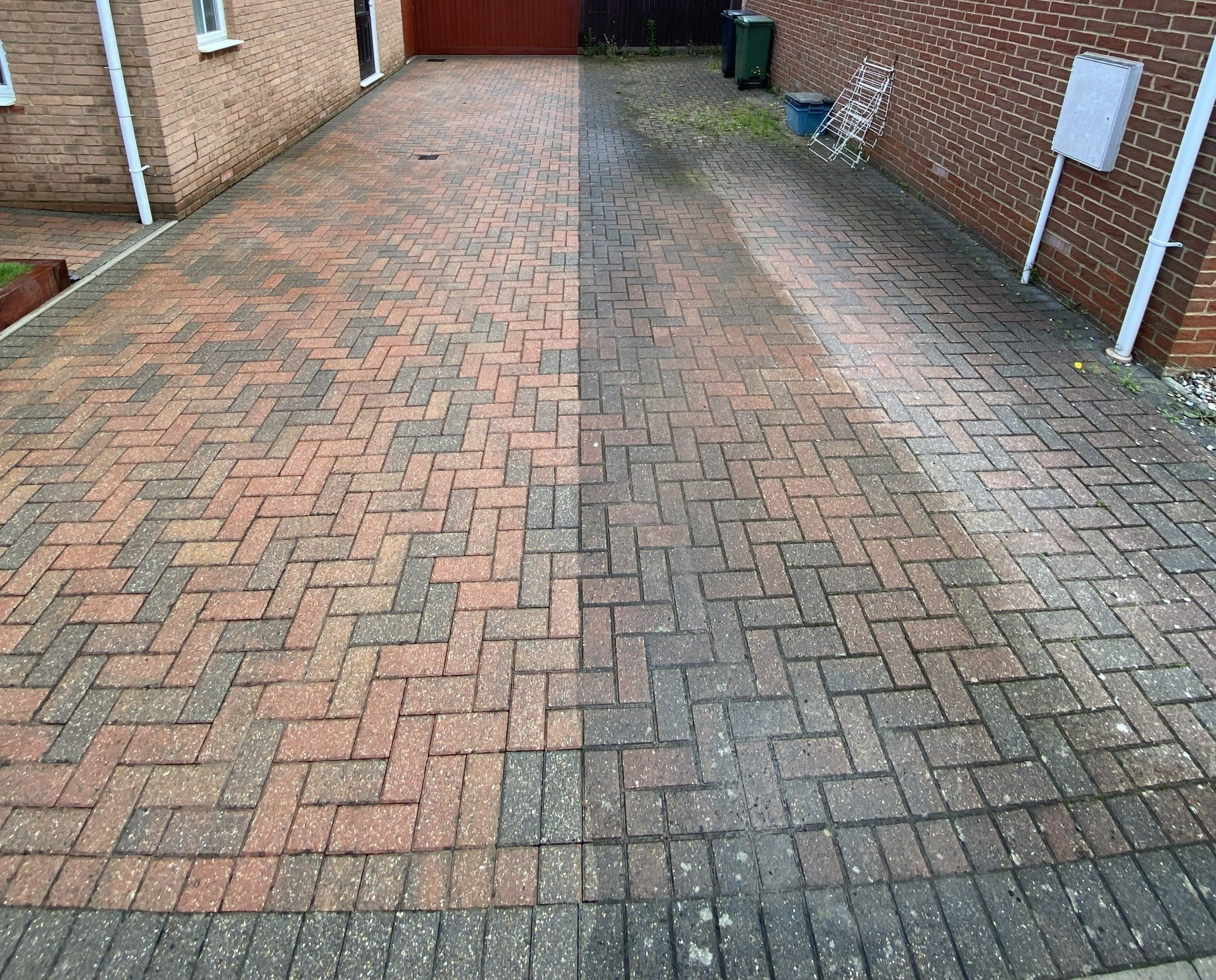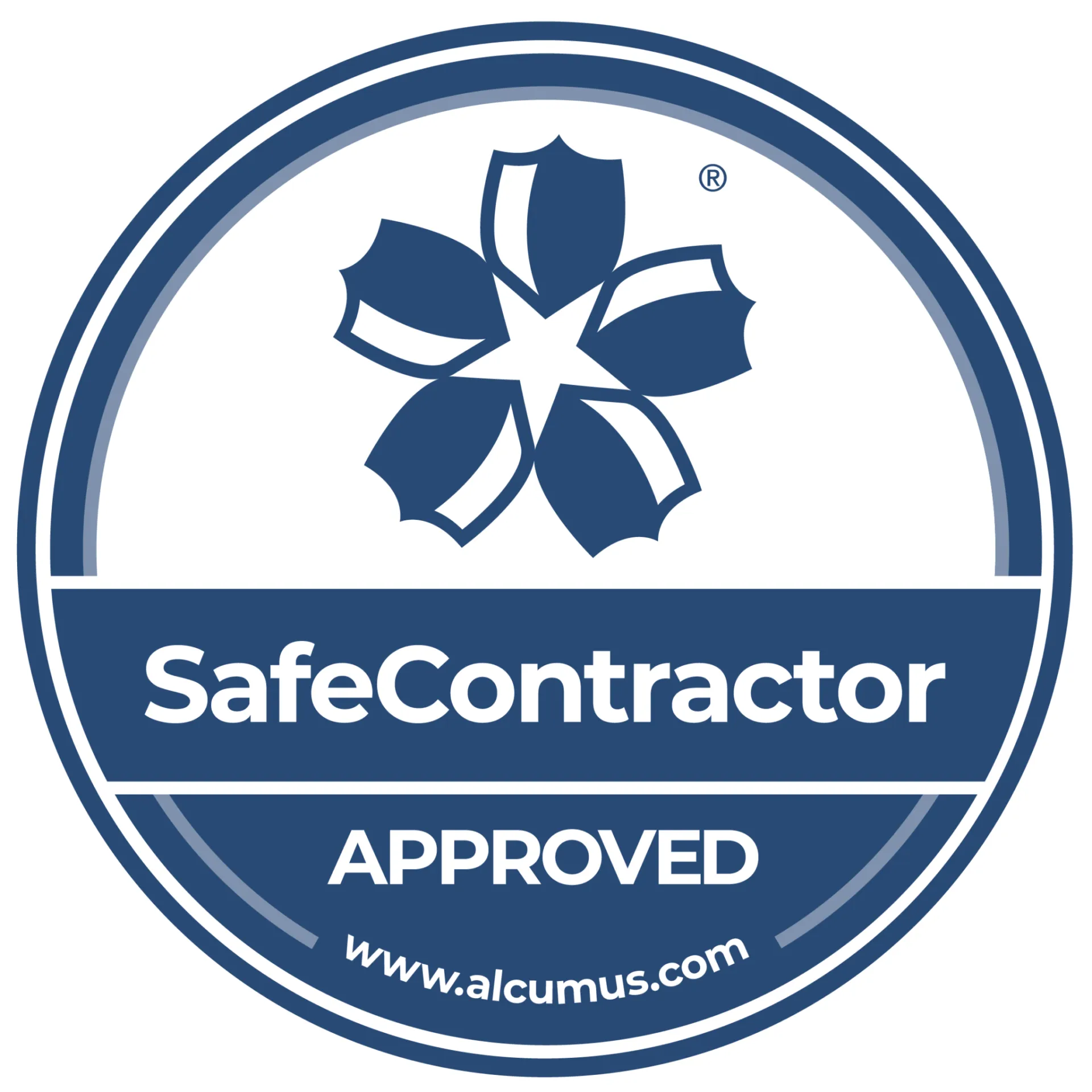Understanding Toilet Blockages: Causes and Solutions
A blocked toilet is a nuisance that nobody wants to deal with, yet it's a common issue that can occur in any household or commercial building. From unpleasant odours to potential water damage, a blocked toilet can quickly escalate into a major problem if not addressed promptly. In this blog post, we'll explore the various causes of toilet blockages and provide practical solutions for unblocking them.
What causes a Toilet to Block?
- Foreign Objects: One of the most common causes of toilet blockages is the flushing of non-flushable items such as paper towels, sanitary products, baby wipes, and even children's toys. These items can become lodged in the pipes, creating a blockage.
- Excessive Toilet Paper Usage: While toilet paper is designed to break down easily in water, using excessive amounts or thick, high-ply toilet paper can overwhelm the system and cause blockages, especially in older plumbing systems.
- Build-Up of Organic Matter: Over time, a buildup of organic matter such as hair, soap scum, and mineral deposits can accumulate in the pipes, narrowing the passageway and leading to blockages.
- Tree Roots: In some cases, tree roots can infiltrate sewer lines and cause blockages by growing into the pipes and obstructing the flow of water.
How to Unblock a Toilet
- Plunger: A plunger is often the first line of defence against a blocked toilet. To use a plunger effectively, place the rubber end over the drain hole, ensuring a tight seal, and push and pull in a rapid motion to create suction and dislodge the blockage.
- Plumbing Snake or Auger: For more stubborn blockages, a plumbing snake or auger can be used to physically break apart and remove the obstruction. Insert the snake into the toilet drain and rotate it while applying gentle pressure until the blockage is cleared.
- Chemical Drain Cleaners: Chemical drain cleaners can be effective in dissolving organic matter causing the blockage. However, these should be used with caution as they can be harmful to both the user and the plumbing system if used incorrectly. Follow the manufacturer's instructions carefully and consider wearing protective gear.
- Natural Remedies: Alternatively, you can try using natural remedies such as a mixture of baking soda and vinegar or hot water and dish soap to break down the blockage. Pour the solution into the toilet bowl and let it sit for a while before attempting to flush.
- Professional Assistance: If the blockage persists despite your best efforts, it may be time to call in a professional drainage engineer. A qualified engineer will have the expertise and specialized equipment to diagnose and resolve the issue effectively.
If you think you need a professional to unblock your toilet, CLICK HERE for our drainage service page!
Preventing Future Blockages
- Dispose of non-flushable items properly by placing them in a trash bin rather than flushing them down the toilet.
- Use toilet paper sparingly and opt for thinner, more easily degradable varieties.
- Regularly clean and maintain your toilet and plumbing system to prevent the build-up of organic matter.
- Consider installing a drain screen or filter to catch hair and other debris before it enters the pipes.
In conclusion, a blocked toilet can be a frustrating and inconvenient problem, but with the right knowledge and tools, it can be resolved quickly and effectively. By understanding the common causes of toilet blockages and taking preventive measures, you can keep your plumbing system running smoothly and avoid potential headaches in the future.








